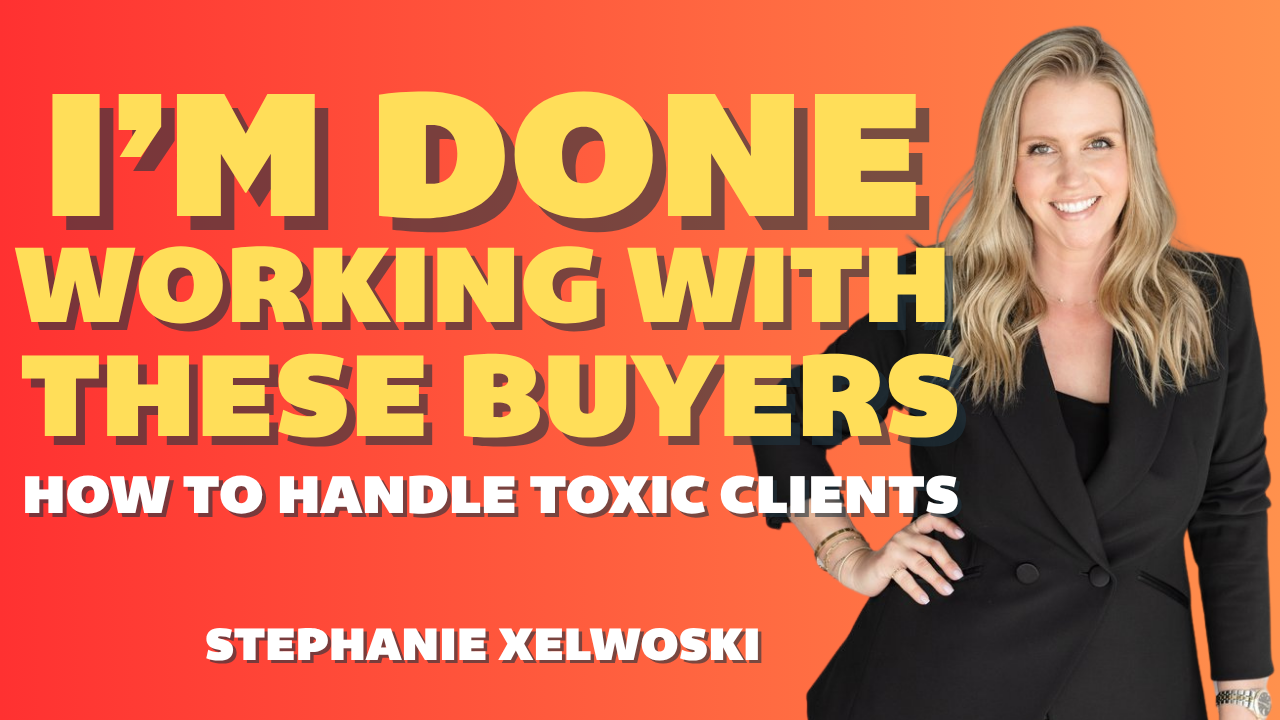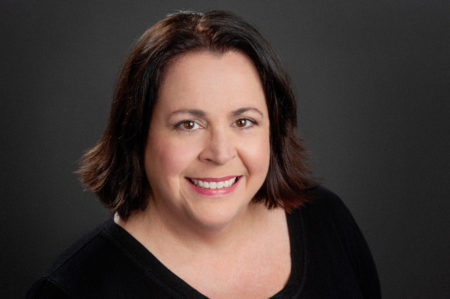A month-by-month guide to a profitable first year.
The process of obtaining a real estate license involves months of planning and preparation, only to find out that you’ve done little to prepare for the actual day-in and day-out practice of real estate. Once you’ve passed your test, it’s time to get to work building your business. Here are some suggestions for your first year in real estate to set you up for long-term success.
 Month 1
Month 1
Choose a brokerage
If you haven’t already, it’s time to choose somewhere to hang your license. Find out what support your brokerage offers as you get started, including in-house mentorship, professional development, and support services to help you hit the ground running.
Reach out to your sphere of influence (SOI)
Add the names of everyone you know to your CRM (customer relationship management) platform, along with phone numbers, addresses, email addresses, and social media handles. Begin reaching out to each person personally with handwritten notes and phone calls to let them know that you are selling real estate and that you are available for referrals, questions, or other information.
Have professional headshots and candid photographs taken
Schedule a time to have photos taken that you’ll use on your website, social media, and other marketing collateral. Avoid the old “grin and grab” quarter-turn elbow clutch beloved by real estate agents. Go for a more contemporary, casual look that is friendly and inviting while still professional.
Begin putting together platforms for your business
As soon as you have your brokerage information in place, begin putting together social media platforms that link to your website. If you don’t yet have a standalone website, use the brokerage’s agent page until you are able to launch one of your own.
Meet with an attorney and financial advisor
Start early to ensure that you are protected both legally and financially. Discuss your plans for setting aside taxes, planning for retirement, and structuring your business. Remember, you’re not a salesperson—you’re a small business owner. Act accordingly.
 Month 2
Month 2
Identify a mentor and begin working with him/her
You may already know someone in real estate or you may decide to work with a mentor suggested by your broker. In any case, find someone who will allow you to sit in on meetings, shadow them at open houses, and follow along through the process of preparing an offer.
Begin consistent content creation and distribution
It’s time to begin creating content on a regular basis and sharing it through your various distribution channels. Your content may consist of market updates, blog posts, videos, or other helpful, value-added resources. Your distribution channels may include social media accounts including Facebook, LinkedIn, and Instagram, or others where you are active and have an audience, as well as a weekly email to your SOI. ReminderMedia offers a suite of print and digital products to help small business owners (at any stage of the game) stay connected to their sphere. The best part? They are all turnkey so you can focus more on what matters most to you and your business. Click here to learn more.
Preview homes and work on home valuations
One of the most important things you can do to build your authority is to develop deep knowledge of your market. Drive the neighborhoods and become familiar with their styles and features. Preview homes that are new to the market. Sit down with your mentor and practice CMAs to better understand what is driving value in your market.
 Month 3
Month 3
Time block for greater productivity
As a real estate agent, you can find yourself overwhelmed by the array of demands, leaving you unable to prioritize effectively. In order to get more done, begin time blocking so that you can make time for activities that pay dividends, either in personal satisfaction or in profitability. By time blocking, you ensure that the most important things take precedence over last-minute interruptions.
Explore training opportunities
Check with your brokerage’s training director and your local association to find training opportunities, both in-person and online. Consider whether it’s time to pursue a certification or designation to refine your skills as needed or to hone a talent you already possess.
Explore professional organizations like YPN (Young Professionals Network)
Your local association offers an opportunity for you to get to know agents in your area. Collaboration is key to learning from the mistakes and successes of others so that you can gain confidence and skill in your new profession.
 Months 4–6
Months 4–6
Review your first quarter to determine what is working and what is not
Look back at your social media analytics, your calendar, and your CRM to see which efforts have paid off over the last three months. Is one of your social media platforms consistently seeing more engagement? Did you get a referral from that weekly coffee date with members of your SOI? Is your email losing steam? Analyze your outreach and processes and adjust as needed.
Get to know professional associates in your market
Begin networking with local home builders, lenders, closing officers, and other agents in your area. You’ll not only set the stage for professional referrals; you’ll gain insight into the entire transaction process and learn from the experience of your colleagues.
Become the mayor of your neighborhood
One of the best ways to develop a consistent stream of new leads is to make yourself top of mind for a particular neighborhood and market to them consistently. Start with your neighborhood and get to know everyone, making sure they know that you are their local real estate expert.
Develop a geographic farm
Look at sales in surrounding neighborhoods over the last couple of years and find out if there is one dominant listing agent or if there are a variety of agents working in your area. Find a neighborhood where listings seem to be widely distributed and use direct mail marketing to stay top of mind on a regular basis, establishing yourself as the primary agent for that neighborhood. If you’re working with a limited budget, it’s better to start small so that you can maintain consistency for the long haul. Developing a targeted list of contacts is one of the best ways to start marketing effectively. If you’re already a ReminderMedia customer, you have access to a free Targeted Follow Up tool in your account, and if not, you can still purchase a Targeted Mailing List to use for your farming.
 Months 7–9
Months 7–9
Begin developing a niche
One of the best things you can do for your business is to hone in on a particular market niche and focus your efforts there. This will give you a way to more effectively target your branding, messaging, and content creation. Look at the folks you’ve helped thus far and determine what types of transactions you liked best, then turn a portion of your marketing strategy toward reaching out to those clients. Possible niches include seniors, military families, farm and land, and luxury properties. Pursue educational opportunities and appropriate certifications or designations to enhance your expertise in your chosen niche. (And if you’re looking for even more insight into why you need a niche, listen to this episode of the Stay Paid podcast featuring Tom Hegna.)
Create your own opportunities
If you haven’t done as much business as you’d like thus far, it’s time to start looking around for ways to create more opportunities. Get out there and connect with local real estate investors at a meetup. Make a coffee date with a local builder. Collaborate with a lender to create a series of educational workshops or webinars to provide additional value to buyers and sellers in your market. Don’t wait for opportunities to come your way— make them happen.
 Months 10–12
Months 10–12
Seek out leadership roles
You may think you don’t have time to take on committee and volunteer commitments at your local or state organization. In reality, however, these will put you in front of industry leaders who can help you grow and develop your business. By pursuing leadership opportunities, you burnish your reputation in the industry and make valuable connections who may subsequently become referral sources.
Develop media outreach
Check out HARO (Help a Reporter Out) and begin offering your expertise and insight to reporters in your area and beyond. Reach out to your favorite publications and pitch your story ideas or find out if your favorite podcast is looking for guests. You’ll expand your reach and reputation through media appearances.
Review your first year in real estate
Look back and see what you’ve accomplished over the last year. Take a moment to give yourself a pat on the back, then begin setting goals for next year based on what worked this year. Consider what you need to upgrade or optimize in terms of your online presence and whether you have the budget to expand your farming. Plan ahead for content creation and marketing as well as professional development opportunities.
Want more expert advice about how to set yourself up for success your first year as an agent? Check out What to Do After You Get Your Real Estate License.



























